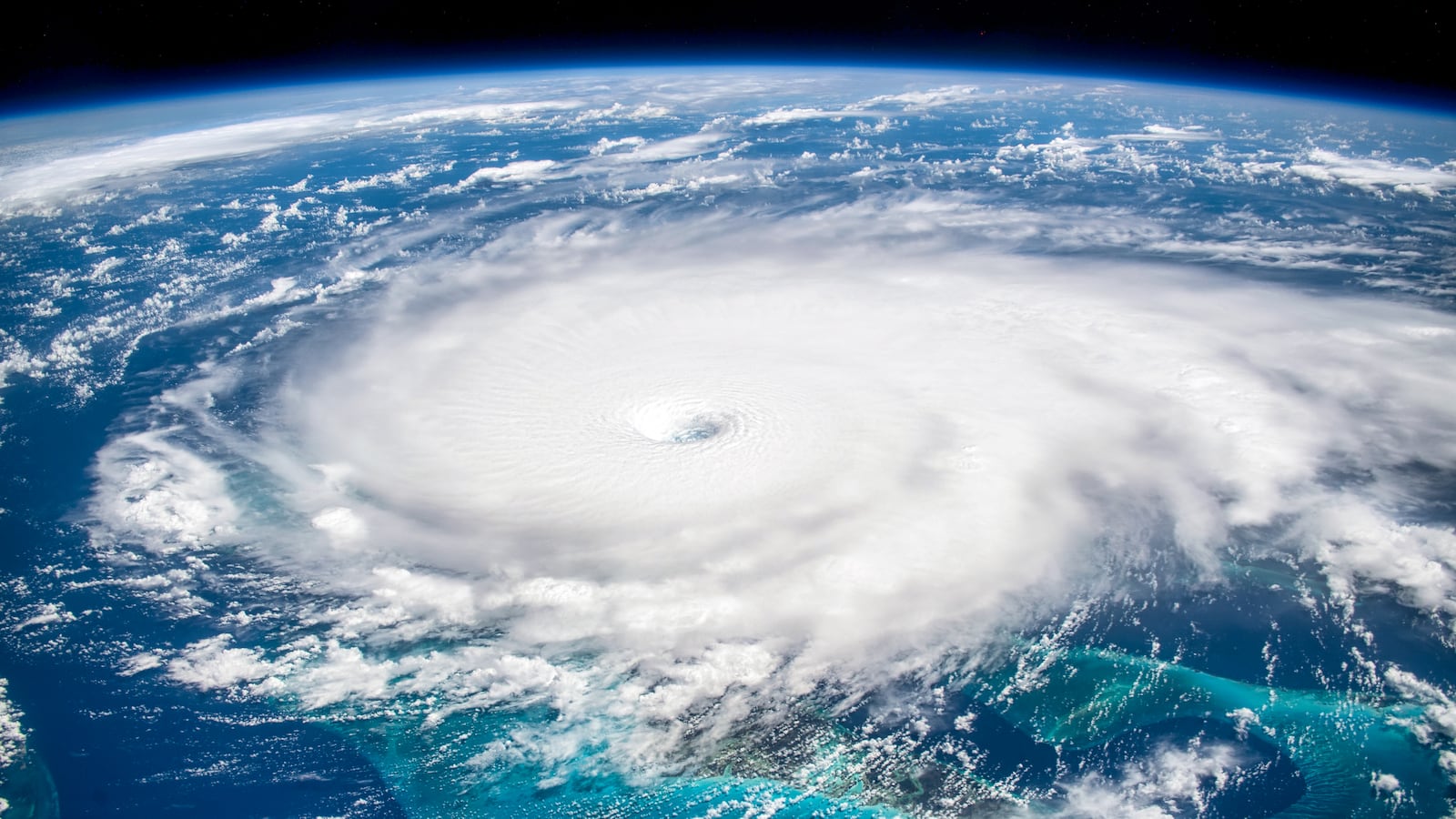Today’s assignment: Create a Venn diagram. Draw one circle for the Delta variant surge. Draw another circle for the accelerating effects of climate change. Draw a third circle for the decades of divestment in public education. Draw a final circle for the labor crisis in which millions of workers, mostly women and people of color, are stranded in low-wage, low-respect, caregiving jobs.
At the center of all these circles are the public school teachers of South Louisiana.
We are not OK.

Louisiana was one of the states hardest hit by the first wave of the pandemic and was pounded by the Delta variant. As of this week, more than 14,600 in the state have died from COVID-19 since the pandemic began.
Last year, five named storms made landfall in Louisiana. Today Louisiana is still recovering from Hurricane Ida, a category 4 hurricane tied in strength to Hurricane Laura that hit last year as the strongest hurricane to make landfall in Louisiana in nearly two centuries. Thousands of Louisianians are without homes and suffered days without necessities like electricity, gas, and food. Tens of thousands of children were forced to stay home from school.
Teachers in South Louisiana felt the impact of the twin disasters of the pandemic and the hurricanes last fall, and again this year. Now Louisiana is staring down a crisis in its education workforce as education workers confront the long-term impact of the pandemic and Hurricane Ida on their lives and careers.
After the storm, I watched as a young, vibrant special education teacher packed up her classroom. She decided she couldn’t make it work anymore and gave notice. It was heartbreaking to see her mother and sister help her move the brightly colored bins of teaching supplies — bought with her own money — to her car. She was the first to go this year, but several other teachers have since given notice or decided to take their retirement mid-year.
The crisis facing education workers in Louisiana came about gradually, in the form of policy, then suddenly with the coronavirus. Gov. John Bel Edwards created responsible guidelines for mask-wearing, and schools reopened with the majority of the students in person in August 2020. Most school systems also offered a virtual option that allowed parents to keep their children learning from home, at the same time keeping in-person class sizes smaller to allow for social distancing.
It looked good on paper. But I witnessed co-workers reach their breaking point last year amid longer school days, shortened holidays, synchronous instruction, the chaos of quarantines — all while trying to keep their students, their families, and themselves from contracting COVID-19.
Louisiana teachers are already subject to the state’s teacher evaluation system, COMPASS, one of the harshest in the nation. Even the coronavirus could not stop endless standardized testing in 2020-21. Though the Louisiana Department of Education recently petitioned the U.S Department of Education for a waiver for the issuing of school letter grades for 2020-21, we have no reason to believe the Delta variant and Hurricane Ida will stop testing this school year.
The crisis facing education workers in Louisiana came about gradually, then suddenly.
As a teacher for 30 years in Louisiana, I know firsthand the historical and current forces that have made teaching such a thankless job here. I was one of some 7,000 education workers fired after Hurricane Katrina, a lacuna in my career from which I still haven’t recovered.
Forces on both sides of the political aisle seized on Katrina’s destruction as an opportunity to “fix” New Orleans’ broken public schools. They had, by my estimation, the wrong diagnosis and the wrong solution, yet their ideas spread to other school districts and became state-wide norms in Louisiana. Charter school and voucher advocates won out, resulting in school closures, broken-up unions, and obsessions with “data” and running schools like businesses.
The terrible achievement disparity between children living in generational poverty and those who are middle-class or affluent was never teachers’ fault. Poverty, discrimination, language difference, segregation, police brutality, mass incarceration, gun violence, chronic trauma — these, not “lazy” teachers, are the sources of many children’s learning difficulties.
But the messages otherwise are constant, and I’m watching teachers here get discouraged enough to leave. It’s pushing teachers out of the field or toward early retirement.
Around the country, there’s a teacher shortage and a substitute shortage. In Louisiana, where climate change-related disasters have exponentially increased the distress of education workers, the impact on our children will be felt for generations.
Amid learning days lost to the hurricane, Louisiana education leaders have decided that we will have to make up all of the 63,720 minutes of state-mandated instruction time.
The tests must go on. The teacher evaluations must go on. Teachers will be judged based on how well children in year three of interrupted learning perform on exams. Throughout Louisiana, the days will be longer, the holidays will be shorter, and the summer of 2022 will last fewer than seven weeks.
Ann Marie Coviello is a school librarian and English/language arts teacher who has taught for 30 years in Louisiana. She organizes and advocates for better outcomes for schools, for children, and for education workers in and around New Orleans.



